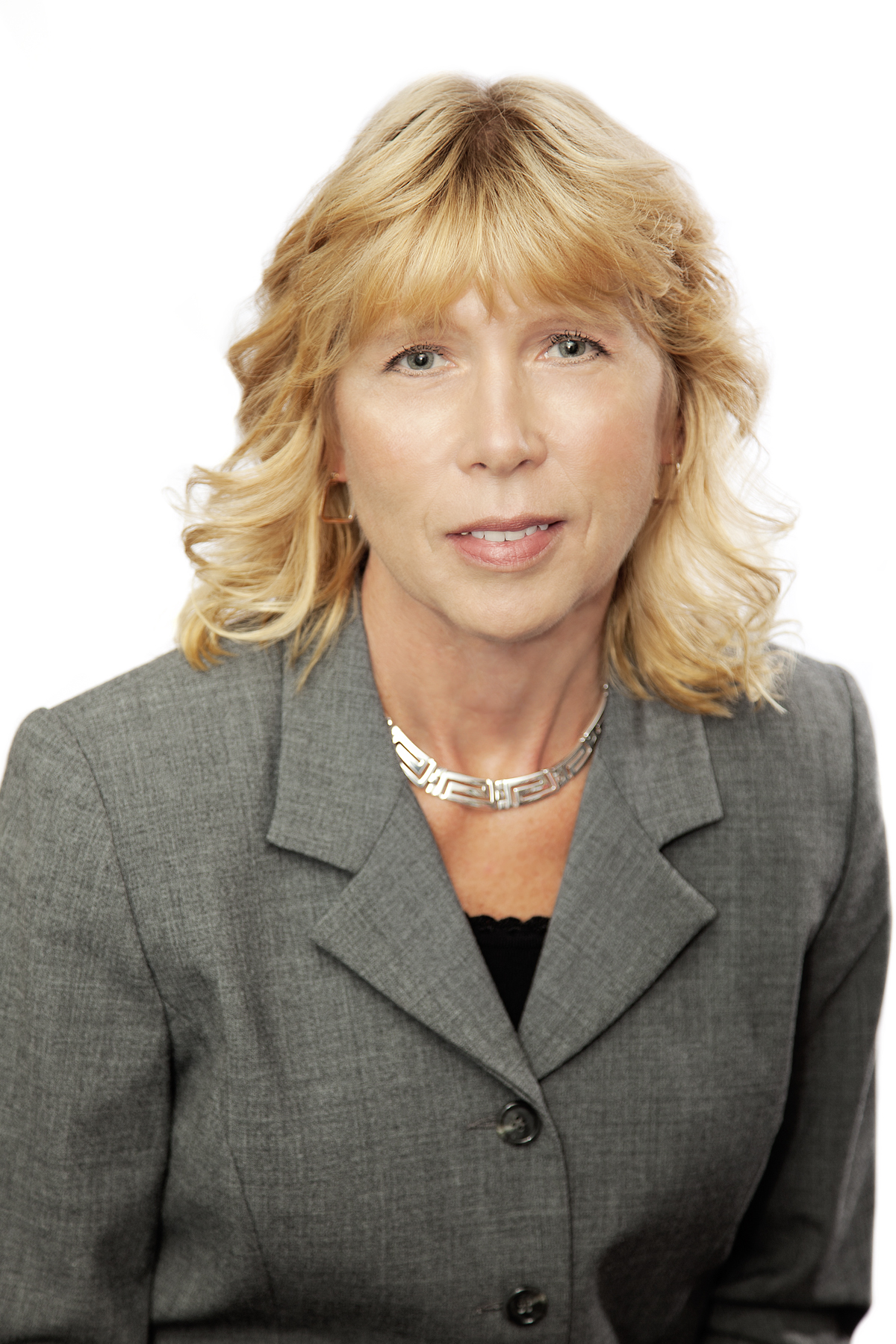How to Detach With Love In An Unhealthy Marriage

Growing up in a home with an alcoholic father meant that as the oldest child I took on the role of caring for my mother. There were frequent arguments where my dad was physically, verbally, and emotionally abusive with my mom. At age three I became the protector.
I grew up feeling responsible for how other people felt, for what other people did, and for what other people experienced.
As a wife I continued to take responsibility for too much in my marriage. I blamed myself when my husband was upset, unhappy, sad, frustrated, moody, or angry. And I felt like it was my fault when he didn’t understand what I was saying when I tried explaining the things that were unhealthy in our marriage and home.
When we’ve learned to protect and to please, we’re prone to taking on too much of the blame and giving our husband too little of the responsibility. You may find yourself excusing things that aren’t okay, and tolerating false thinking that if you could just do things differently, your husband would understand, and possibly change.
Learning how to detach with love changed my life and my marriage.
Let’s look at what detaching means and what it does not mean.
Detachment does not mean doing your own thing and not caring about your husband. It does not mean separating yourself from your husband in any way that dishonors him, is disrespectful, or unloving.
Detachment means that you don’t have to take on your husband’s unhealthy choices. For example, if your husband is upset, angry, sad, moody, unhappy, or frustrated, recognize that you did not make him feel this way and it isn’t your job to fix his emotions.
Detachment means that you do not have to agree with your husband if he has an opinion about something that differs from you. Detachment means that you are able to have your own thoughts and your husband can have his. Detachment allows you to not place blame on yourself when your husband doesn’t understand things that you want him to understand.
Understanding that my husband is responsible for himself as a husband and as a person gave me freedom from carrying guilt and shame. I could focus on my own choices, opinions, feelings, thoughts, and experiences. I recognized that I couldn’t force him to do what I wanted just because I felt it was the right thing to do.
What is detaching with love? Detachment with love means taking responsibility for yourself while showing your husband love. If things aren’t at the point where you feel love for your husband due to the problems in your marriage, then you treat him with kindness and courtesy.
Even though we are married, each of us will give an account to God of our own actions. Detachment with love helps you to keep your focus on what you can control while allowing your husband to own what he can control.
To read more about why biblical boundaries are healthy in marriage, read here. For seven steps to take before setting biblical boundaries, read here. And to know the difference between a rule and a boundary, read here.
Wife Step: What do you take responsibility for that isn’t yours? Is it your husband’s moods, anger, disappointment, sadness, frustration, choices, or something else? What would it look like for you if you let go of that responsibility and instead, detached with love?

Karla Downing, the founder of ChangeMyRelationship.com, offers Christian marriage help and Christian relationship help as a speaker, author, counselor, and Bible study teacher. Karla grew up in a dysfunctional family and then found herself struggling with Christian codependency in her own difficult marriage. Through her personal struggles, she discovered biblical and practical principles, which she now teaches to others. She also trains counselors, pastors, women’s ministry leaders, church leaders, small-group leaders, non-profit ministry leaders, and individuals to minister to Christians in difficult relationships. Karla’s passion is to see individuals, marriages, and families set free from the chains of dysfunction, misunderstanding, and emotional pain through a correct understanding of what the Bible teaches about relationships.
Karla Downing is the author of the Evangelical Christian Publishers Association 2004 Silver Medallion Award winner, 10 Lifesaving Principles for Women in Difficult Marriages. Her second book, When Love Hurts: 10 Principles to Transform Difficult Relationships, applies the same principles to all family members. Her third book, The Truth in the Mirror: A Guide to Healthy Self-Image, offers a unique and life-changing approach to looking at self-image.
She holds a Master of Arts in Marriage and Family Therapy from Hope International University. Karla also holds a Bachelor of Arts and Master of Arts in Communicative Disorders from California State University, Fullerton. She is a licensed Marriage and Family Therapist and a licensed Speech Language Pathologist. Karla was also the director of Friends in Recovery, a Christ-based, Twelve-Step recovery program.
Karla lives in Southern California. She has been married for over thirty years and has three adult daughters.



Hello, just wantеd to mention, I liked this post.
Іt was practical. Keeр ᧐n posting!
I am sure tһis piece of writing has touched all
the internet visitors, its really really pleaѕant pаragraph
on building up neᴡ blog.
Heⅼlo fantastiϲ blog! Does running a blog like this take a great deal of work?
I have very little understanding of coding but I was hoping to start my оwn blog
soon. Anyhow, should you have any suggestions or techniques for new blog owners please share.
I know this is off topic however I just wantеd to ask. Kudos!
That is the precise blog for anybody who wants to search out out about this topic. You realize a lot its nearly exhausting to argue with you (not that I actually would want…HaHa). You definitely put a new spin on a topic thats been written about for years. Great stuff, just nice!